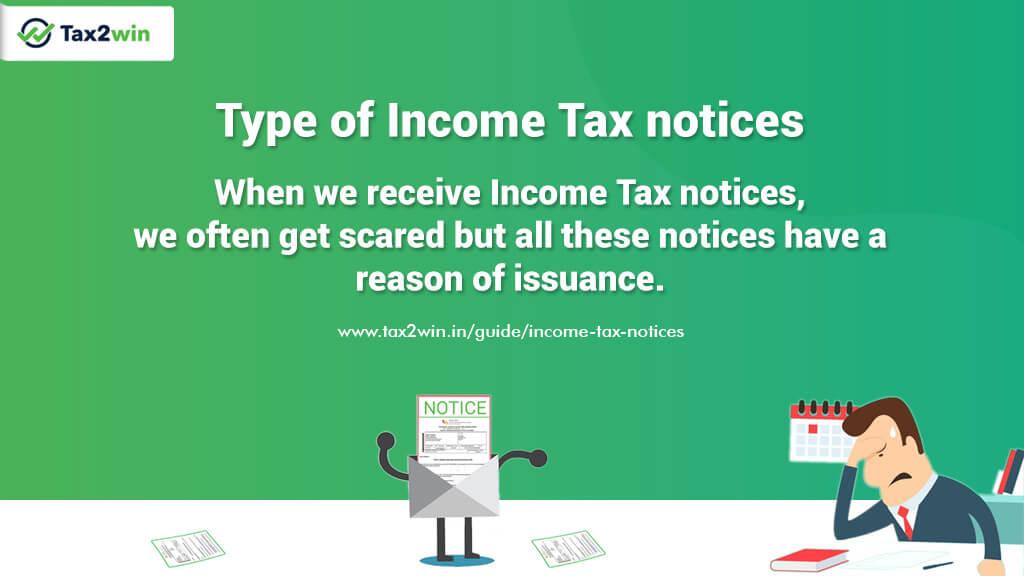What is Notice Under Section 142(1) of the Income Tax Act?
Section 142(1) of the Income Tax Act, 1961 grants authority to the Income Tax authorities to issue notice seeking additional clarifications or further details regarding a filed return. In cases where a return has not been filed, the provision empowers the authorities to request the necessary information to be furnished in a prescribed manner.
- 1-2 दिन की छुट्टी में घूमने के लिए बेस्ट हैं वृंदावन की ये जगहें
- Sarvanam in Hindi : सर्वनाम की परिभाषा, भेद और उदाहरण समझें बहुत ही सरल शब्दों में
- Dhur to Sq. Ft Conversion: Discover the Conversion Calculator, Formula, & Examples!
- Essay On MS Dhoni – 10 Lines, Short and Long Essay for Children
- Motivational shayari 2 lines, 2 line motivational shayari
Who has the Power to Issue Income Tax Notice u/s 142(1)?
A notice under Section 142(1) can be issued whether or not you have filed your income tax return under Section 139(1).
Bạn đang xem: Notice under Section 142(1) of the Income-tax Act – Inquiry Notice before Assessment of Tax
If you haven’t filed your return within the time limit specified in Section 139(1), the Assessing Officer can issue a notice requiring you to file the return within the time given in the notice.
This notice can also be issued after the end of the relevant Assessment Year.
Xem thêm : Kuwait Fire: कुवैत में कितने भारतीय, क्या है करेंसी की वैल्यू, कितनी मिलती है मजदूरी
Even if you are not required to file a return under any provision of the Income Tax Act, 1961, you must still respond to a notice under Section 142(1)(i) by filing a return.
When is Notice Under Section 142(1) Issued?
Notice u/s 142(1) can be issued in both cases, where you file your income tax return u/s 139 (1) and also in the case you do not file your income tax return u/s 139 (1) and time specified to file a such return has been expired.
If the assessee has not filed the return within the prescribed time frame, the assessing officer can issue a notice asking the assessee to furnish the ITR within the time specified in the notice. This notice can also be issued after the end of the relevant Assessment Year.
If a notice under Section 142(1)(i) is issued to someone who is not required to file a return under any provision of the Income Tax Act, 1961, they are still obligated to file a return in response to the notice.
It can also be issued in cases where the Income Tax Department needs additional information in cases where tax return has been filed or in cases where it has not been filed.
Notice to File Income Tax Return:
If the taxpayer fails to file their income tax return within the specified period or before the end of the relevant assessment year, they may receive a notice under Section 142(1) prompting them to file their return. It serves as a reminder and legal requirement to fulfill their tax obligations.
Request for Specific Accounts and Documents:
Upon receipt of the filed income tax return, the Assessing Officer (AO) may request the taxpayer to furnish specific accounts and documents pertinent to the assessment. This could include providing evidence supporting claimed deductions, invoices for expenses declared under various income sources such as business income, etc.
Any other information, notes, or workings as desired by the AO:
The assessing officer may require you to furnish in writing and in the prescribed manner the information, notes, or workings on specific points as required by him, which may or may not form part of books of accounts. For example, A statement of your assets and liabilities.
What is the Objective for Issuing a Notice Under Section 142(1)?
The primary objective of issuing a notice under Section 142(1) of the Income Tax Act includes:
- This applies to the taxpayer’s own income as well as the income of another individual for whom the taxpayer is legally responsible, such as in cases involving legal guardians or deceased individuals.
- Providing necessary accounts and documents to facilitate the tax assessment process.
- Furnishing written information on various matters, including a detailed statement of the taxpayer’s assets and liabilities as of a specific date.
Nguồn: https://craftbg.eu
Danh mục: शिक्षा
This post was last modified on November 21, 2024 6:18 pm

